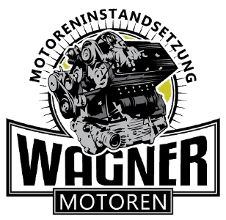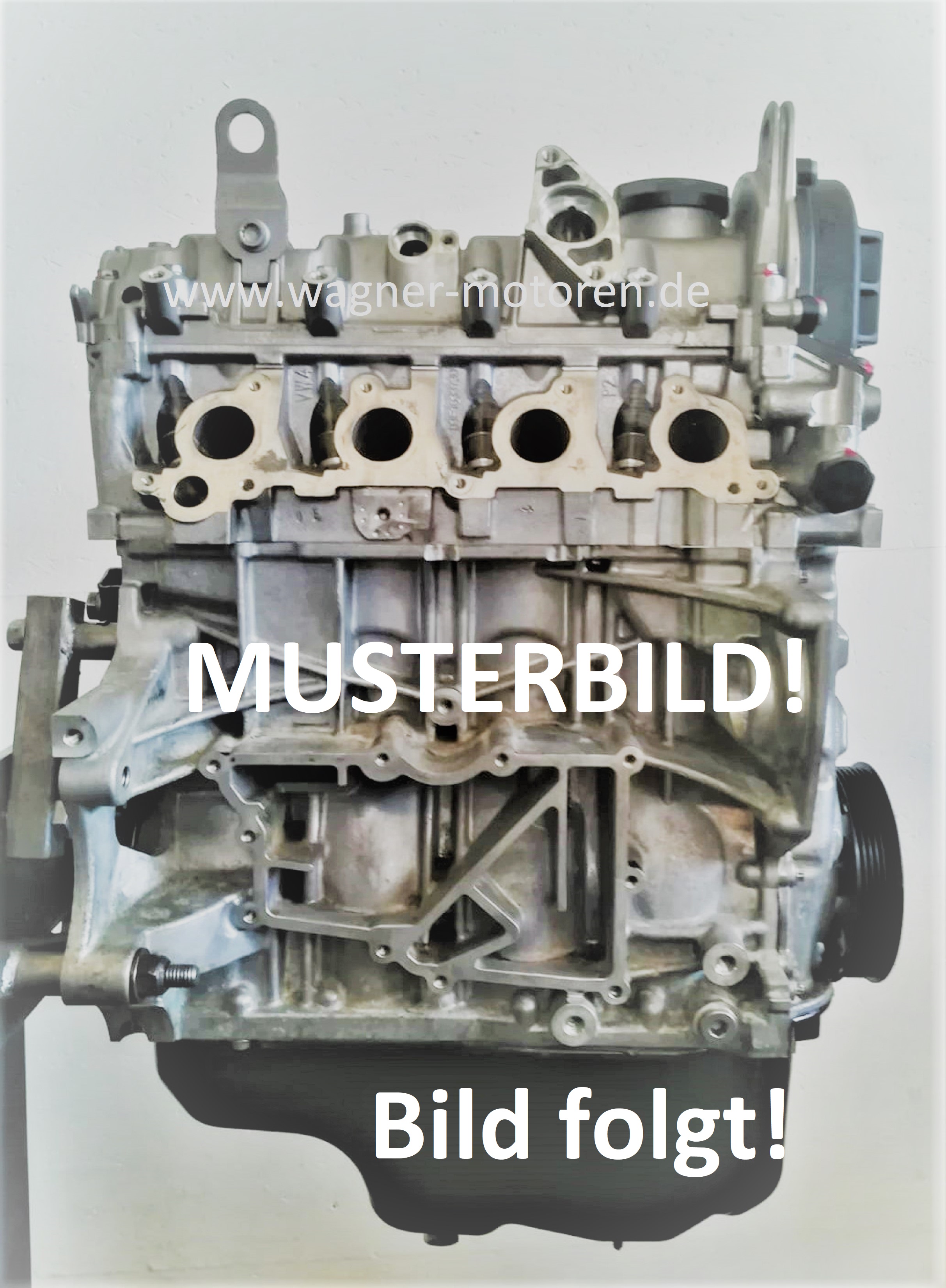The small car segment of the VW Group is and remains a bestseller among Germans. Whether Polo, Fabia or Ibiza: They are often popular with novice drivers or in city traffic. The report by the information platform "welt.de" shows how many vehicles have been sold compared to other manufacturers in this segment.
But unfortunately there is a far-reaching problem behind the "little speedster". In the Polo 6R, 9N, Fox, Ibiza III, IV, Fabia I and II generations, the VAG Group relies on small 3-cylinder engines with a displacement of 1.2 liters. Were installed here z. B. the CGP Motor, AWY Motor, AZQ Motor, BME Motor, CHF Motor and others.
The problem
The problem with your vehicle is the drive type of the engine components. This is done via a timing chain, which makes the CGP engine, for example, susceptible to engine damage. Frequent short trips in your small car in particular ensure that the engine cannot heat up to operating temperature. The result is that the oil pressure in the engine is too high due to the oil's viscosity being too high, and the components are oversupplied. This is fatal for the timing chain tensioner. This is suddenly pushed forward when the engine is started and cannot then retract properly to the rear. The timing chain is therefore no longer properly guided in your engine. This changes the shape of the chain over time. After a certain mileage, your vehicle will reach the point where the timing chain is no longer guided on the appropriate gears: your timing chain jumps!
This triggers a chain reaction in your engine: the intake and exhaust valves are no longer opened and closed at the right time. These hit the pistons and bend or break off. Both cause major engine damage in your vehicle, since in the worst case the entire combustion chamber is destroyed.
We therefore recommend that you have your vehicle's timing chain checked every 45,000 kilometers. But as a driver, how can I determine whether a timing chain check might be too late? The most noticeable feature of a defective timing chain is a rattle after the engine starts. A brief rattle is usually not serious. Nevertheless, you should then consider an examination. If your engine rattles for a few seconds after starting, a check is mandatory. In individual cases, you can then only replace the timing chain. Also read our article "Avoiding engine damage".
More problems of the 1.2 3-cylinder engine
You notice e.g. B. on your Polo 9N 1.2 oil consumption and loss of performance? The cylinder liners also suffer from wear. Here, the honing wears off over time and causes increased oil consumption. Over time, you may notice a loss of performance as a result.
Any questions?
You are welcome to contact us if, for example, you notice oil consumption on your VW Polo 9N 1.2, feel a loss of performance or the timing chain is causing problems.








